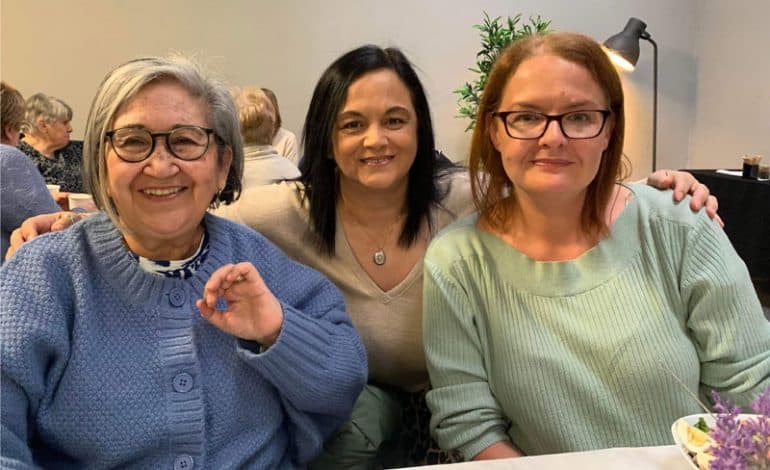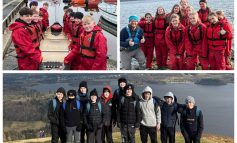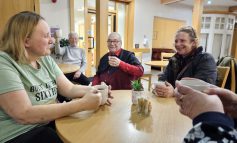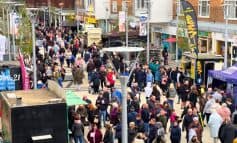Voluntary and community groups in the Great Aycliffe and Middridge areas are better able to support residents after receiving almost £150,000 in funding.
Durham County Council’s Great Aycliffe and Middridge Area Action Partnership (AAP) has awarded £146,652 to 14 groups to enable them to provide a wide range of activities, social groups, drop-in sessions and days out.
Cllr Elizabeth Scott, Cabinet member for economy and partnerships, said: “We understand the significant impact that voluntary and community groups have on our communities, so we are pleased to be able to support a range of organisations through the Great Aycliffe and Middridge AAP.
“This funding will go a long way in enriching the lives of adults and children, reducing social isolation and supporting people with the rising cost of living.
“We are committed to creating stronger and more resilient communities and by working together with our partners, we can help to achieve this.”
Families are being supported through the uniform fund project at Greenfield School, which has received £6,750.
This has allowed the school to buy a variety of items and full school uniforms to help anyone struggling to purchase school uniform because of the cost-of-living crisis.
More than £14,000 has been awarded to The Cornforth Partnership, which runs weekly youth sessions at Aycliffe Youth and Community Centre.
Staff will also provide community outreach work alongside the local neighbourhood policing team to engage young people aged between 12 and 15.
Lifeline Community Action has also received £14,942 to open its community hub for an additional two days each week.
The hub offers a range of activity sessions, advice and guidance for support services as well as providing a package support service for families in need of basic hygiene packs and essential household items.
Meanwhile, £20,000 will be used to fund a community speedwatch van in Newton Aycliffe.
The van will be used by volunteers and members of the neighbourhood policing team in targeted locations as a speeding deterrent.
It will have its own automatic number plate recognition (ANPR) camera to gather data, alongside WiFi capability to act as a mobile office.
Funding has also been awarded to groups offering social clubs to help reduce feelings of loneliness amongst residents.
The Friendship Club has been awarded £5,000 after seeing a significant increase in demand for its service.
It now has 100 members, with many attending weekly sessions which offer entertainment, craft activities, meals and trips out. As many members are socially isolated, the group has helped residents to form friendships.
Glow Church UK’s Glow Cares project has also received £5,000 to help fund an older people’s social afternoon club for residents.
The group provides a monthly vintage afternoon tea to tackle social isolation following the pandemic.
Participants who attend are also signposted to other services such as financial agencies, housing-related support, welfare rights and health services.
The project also makes wellbeing calls between events to identify and prevent crisis situations through its offer of early intervention.








